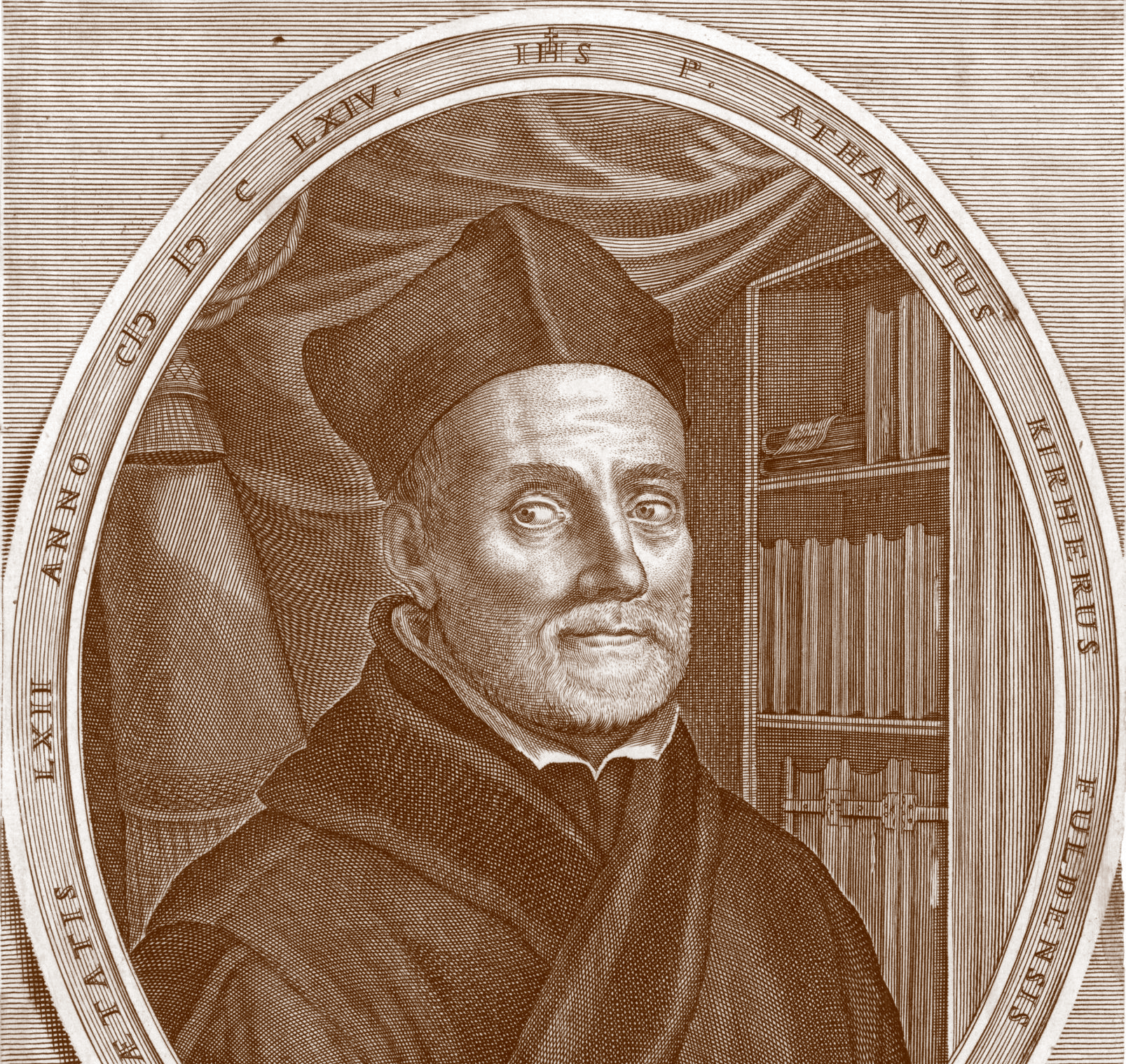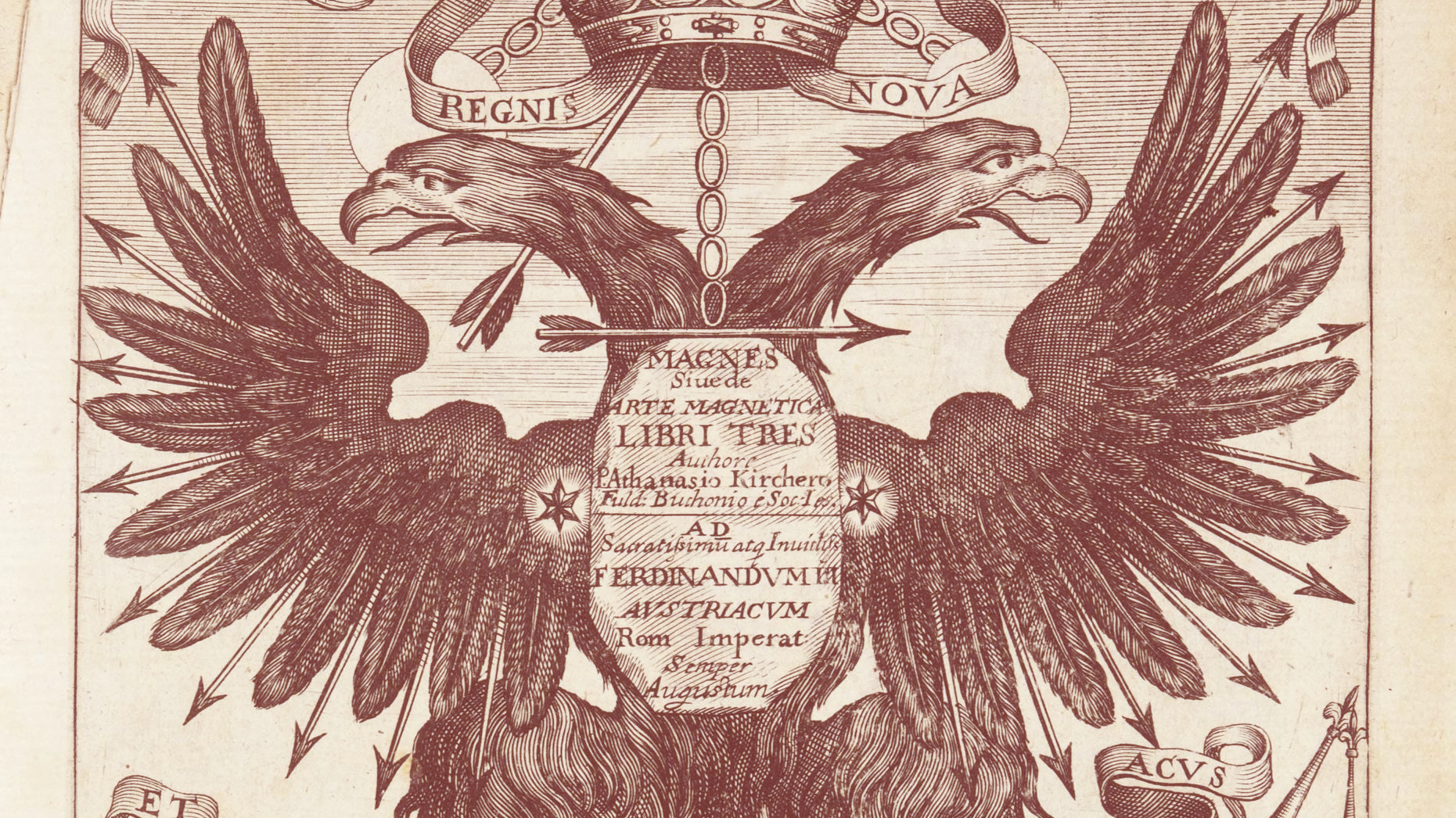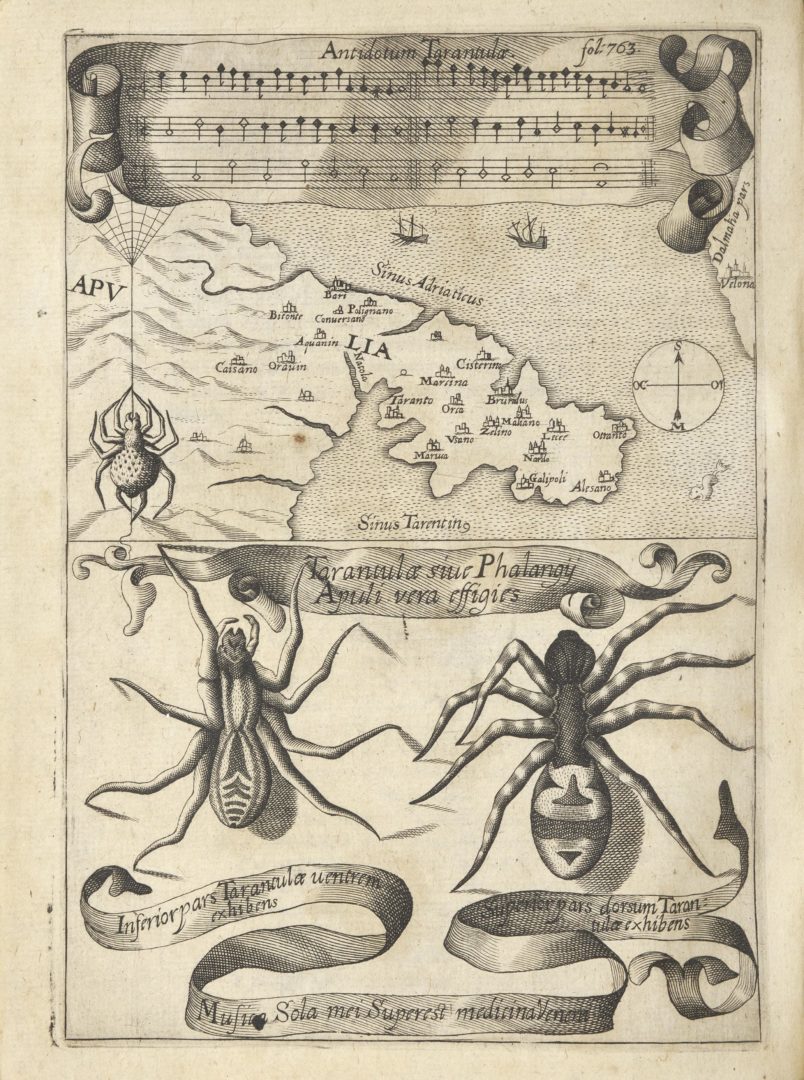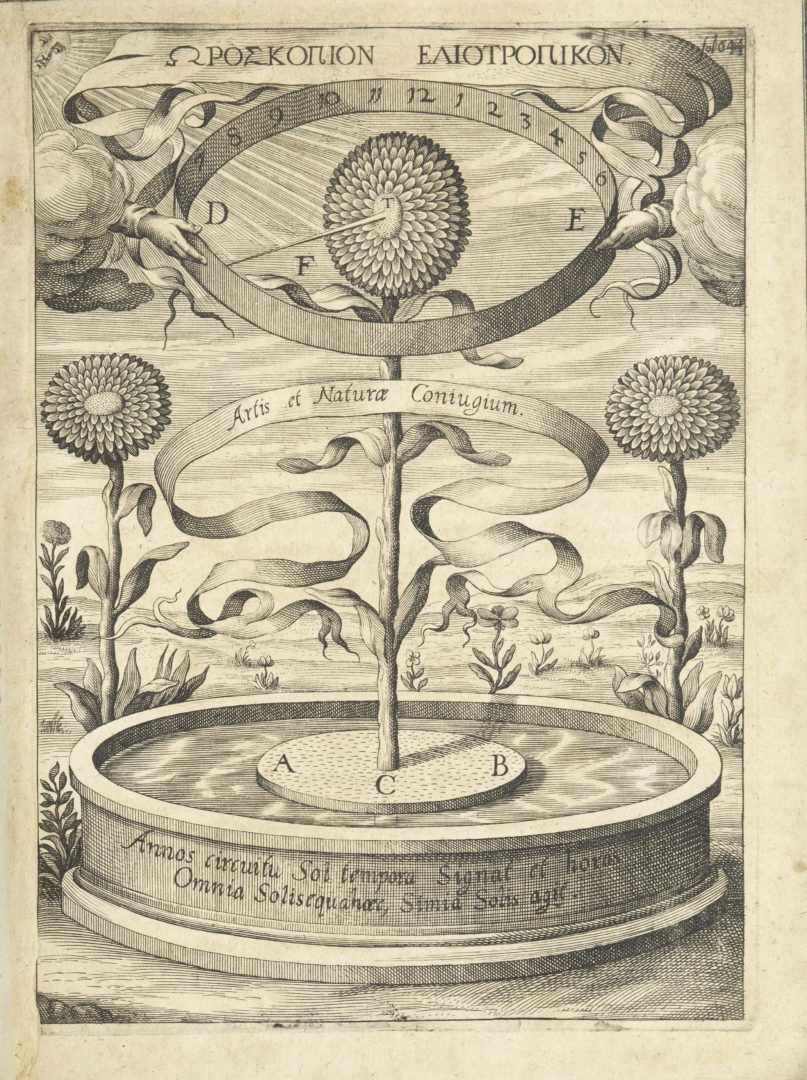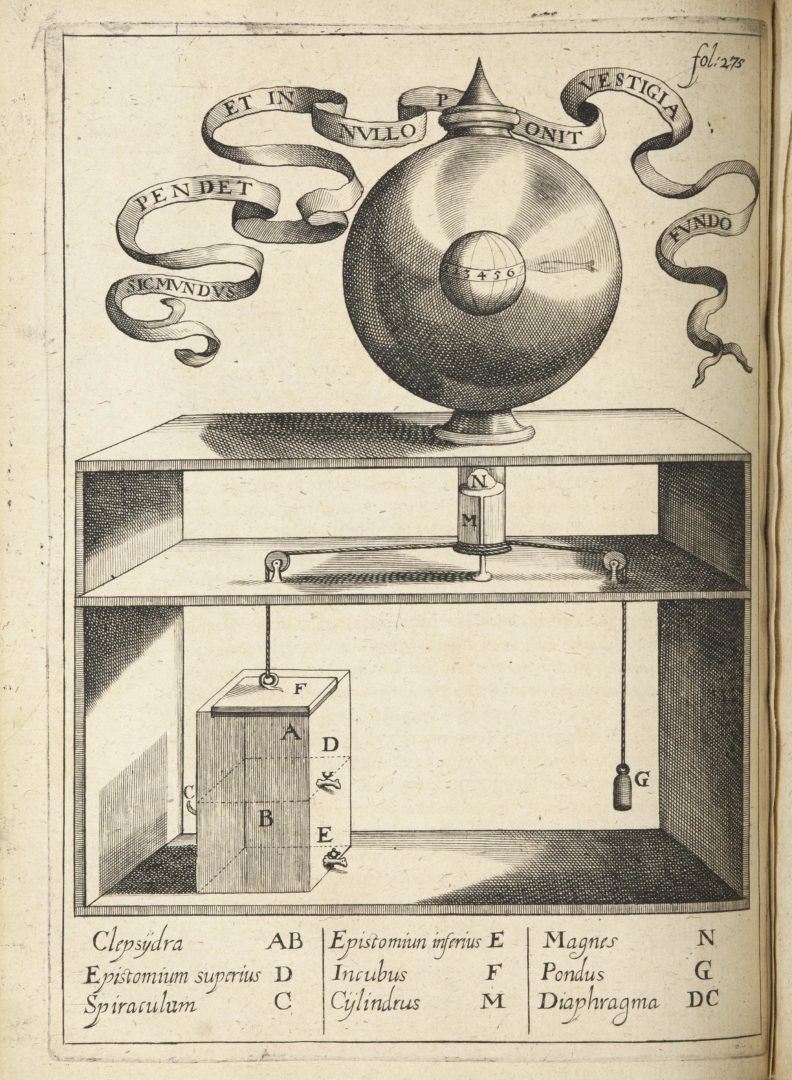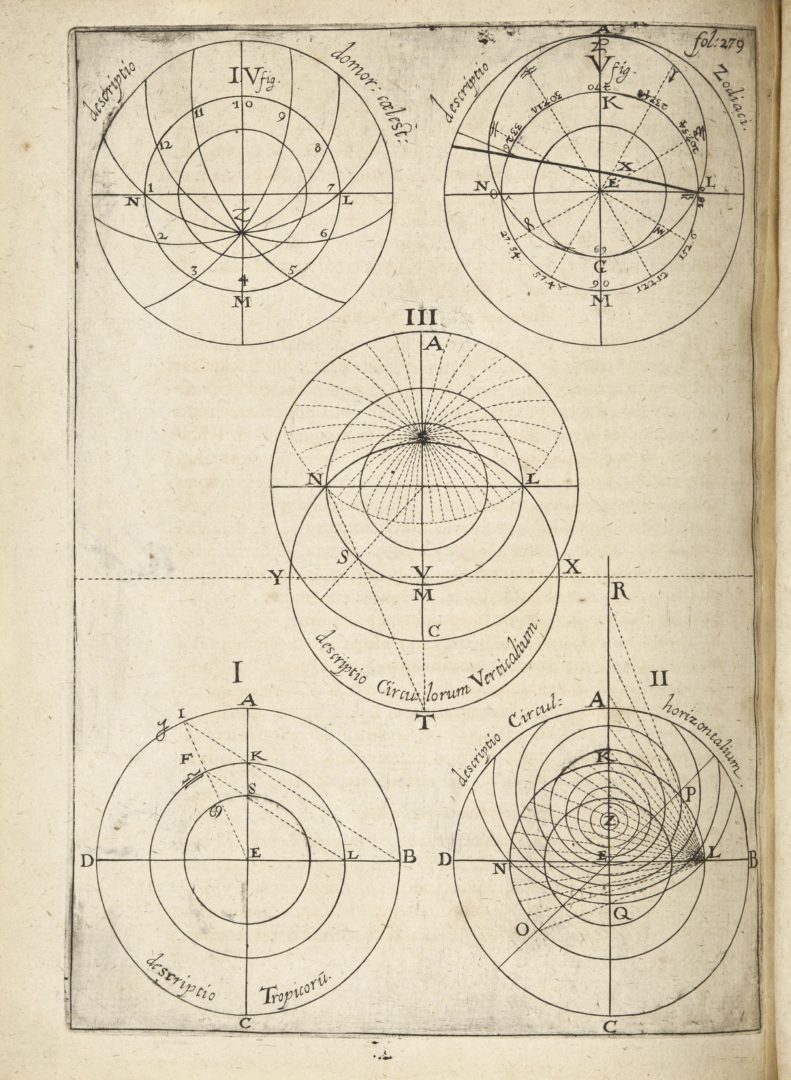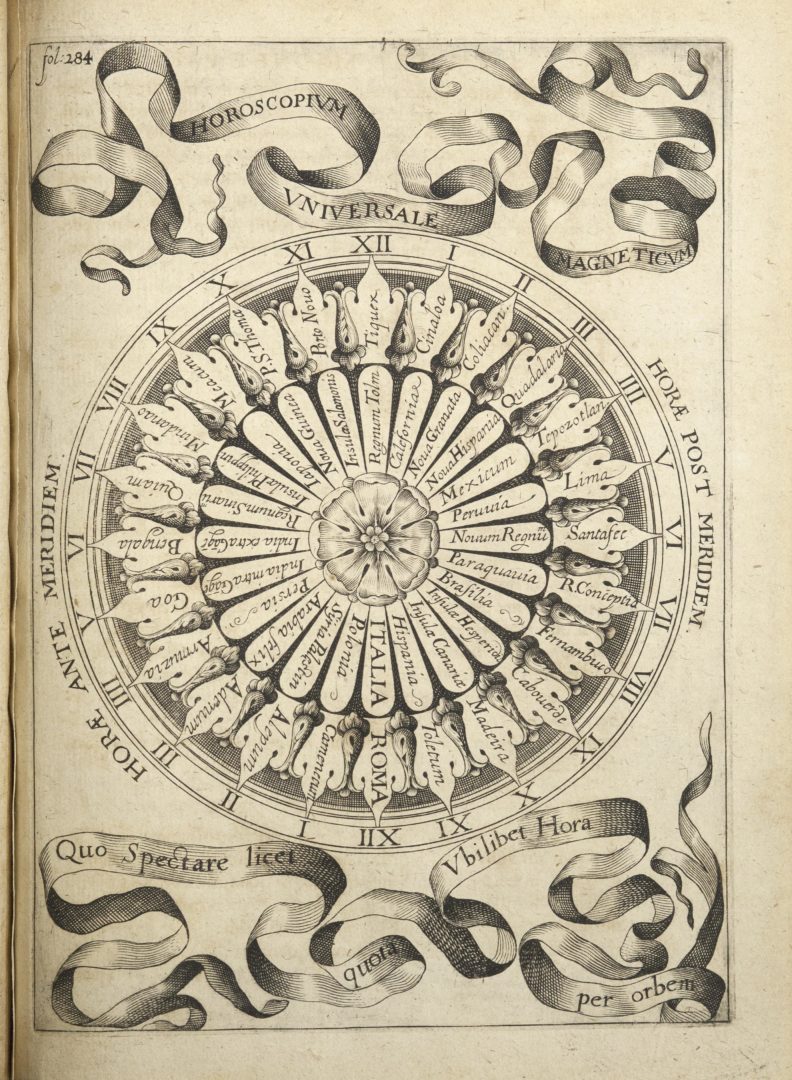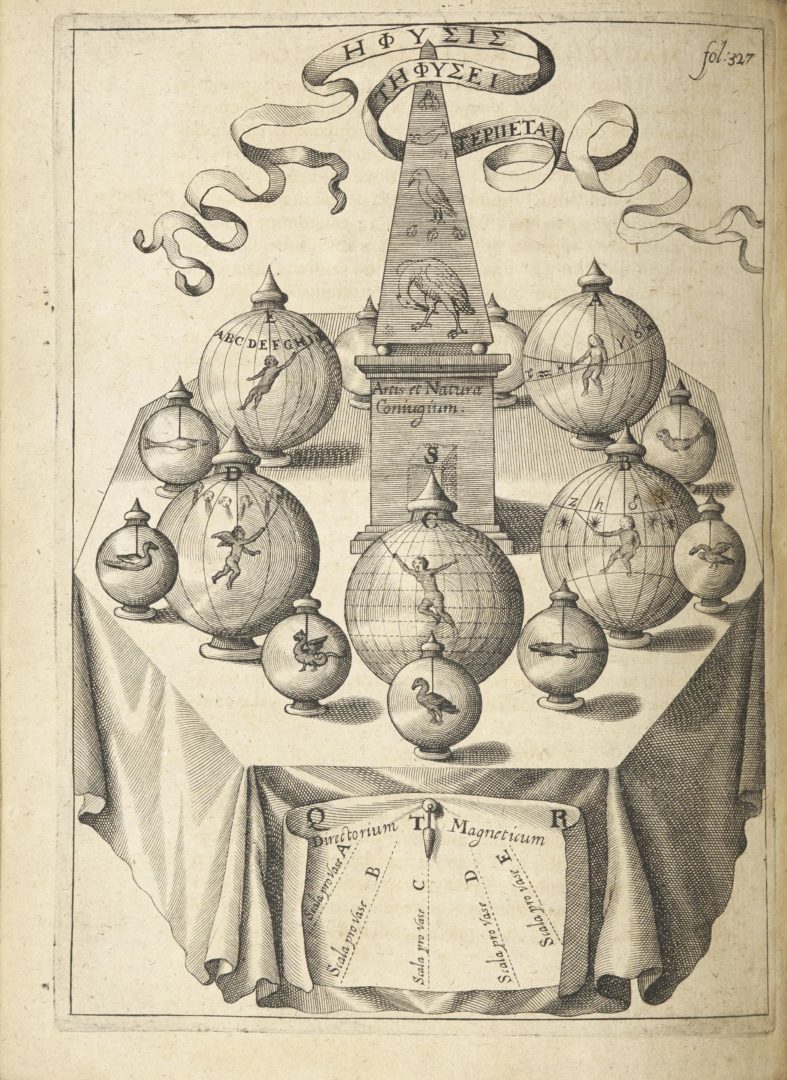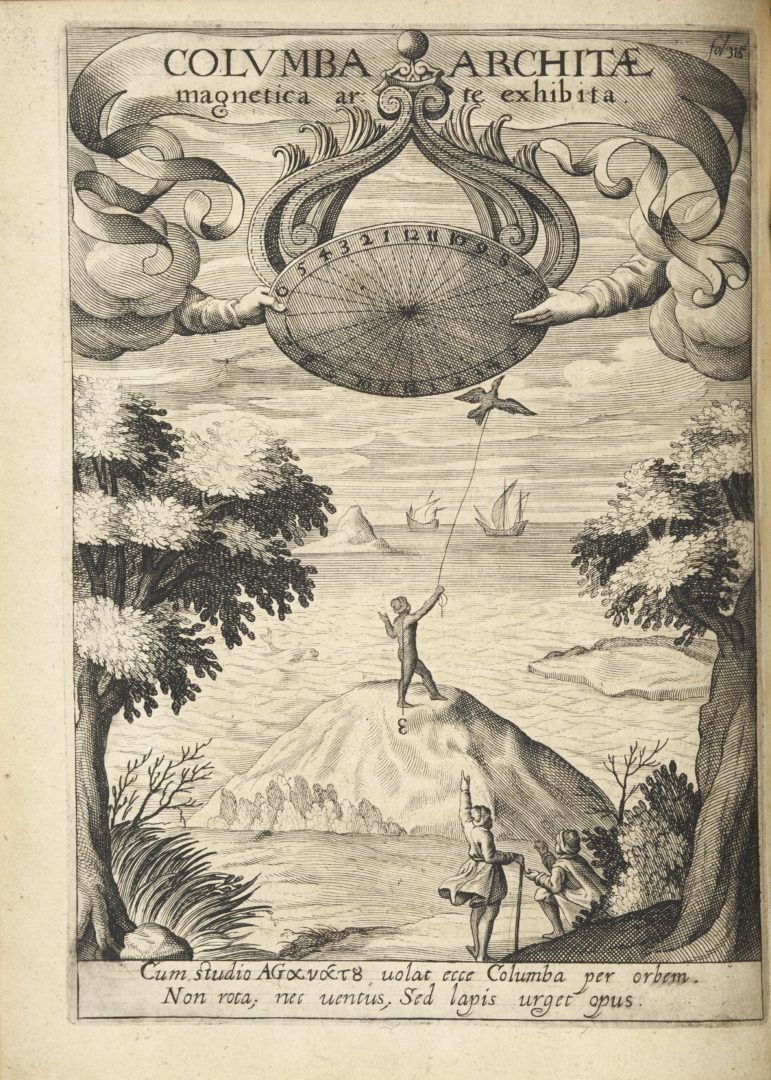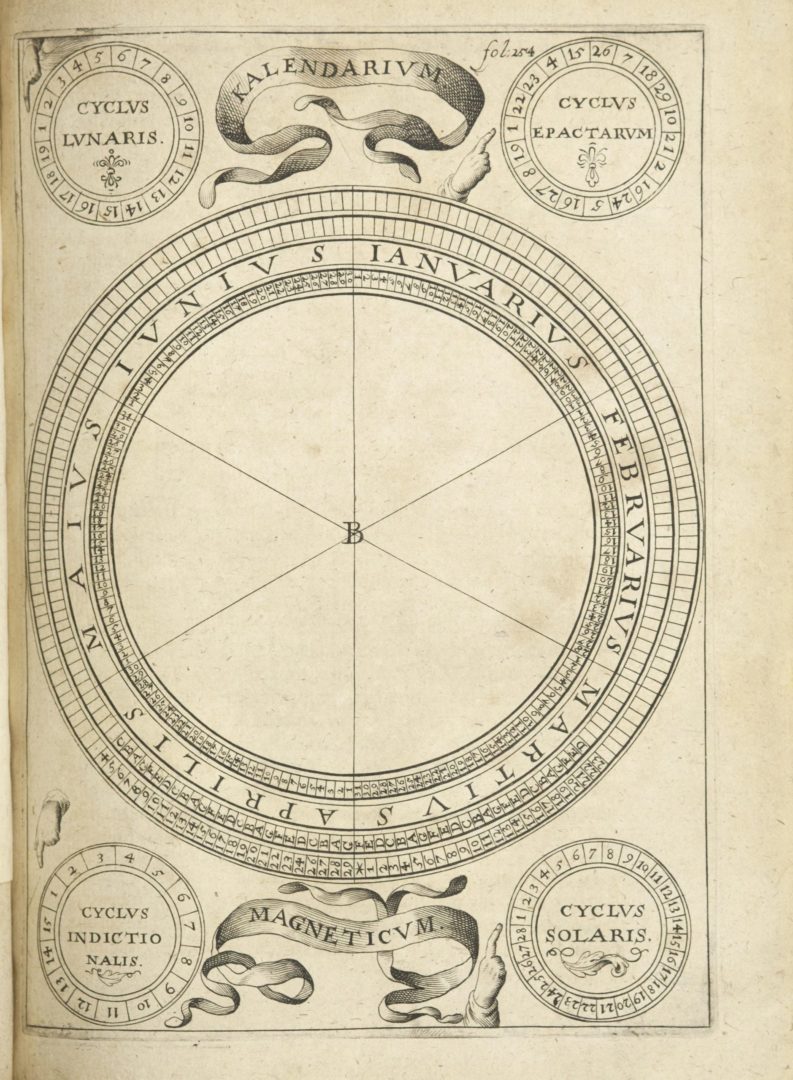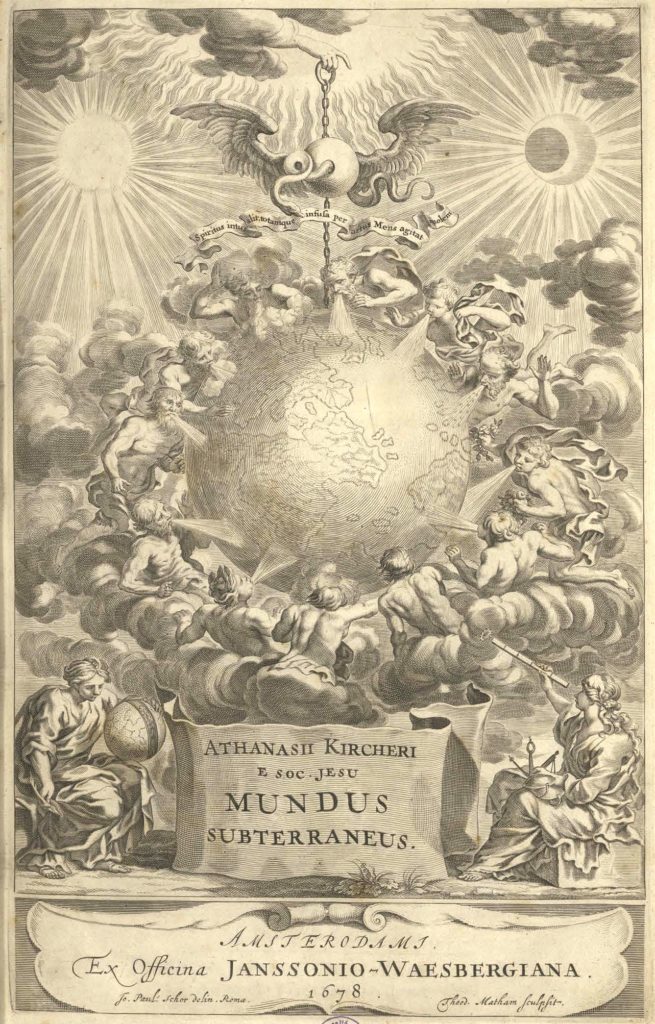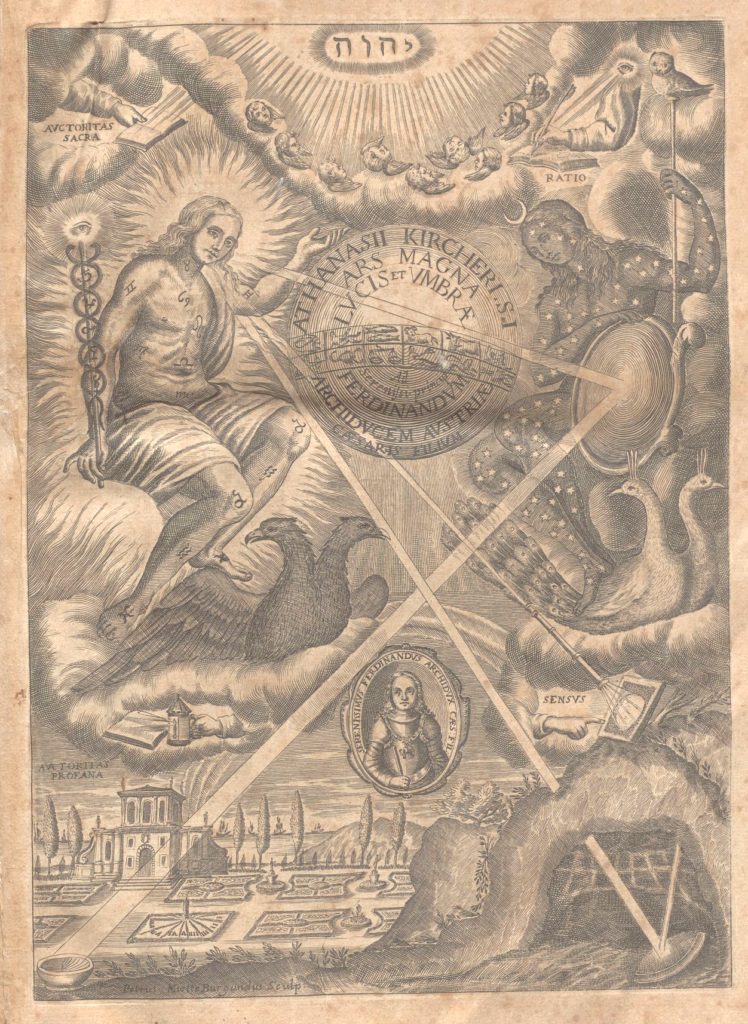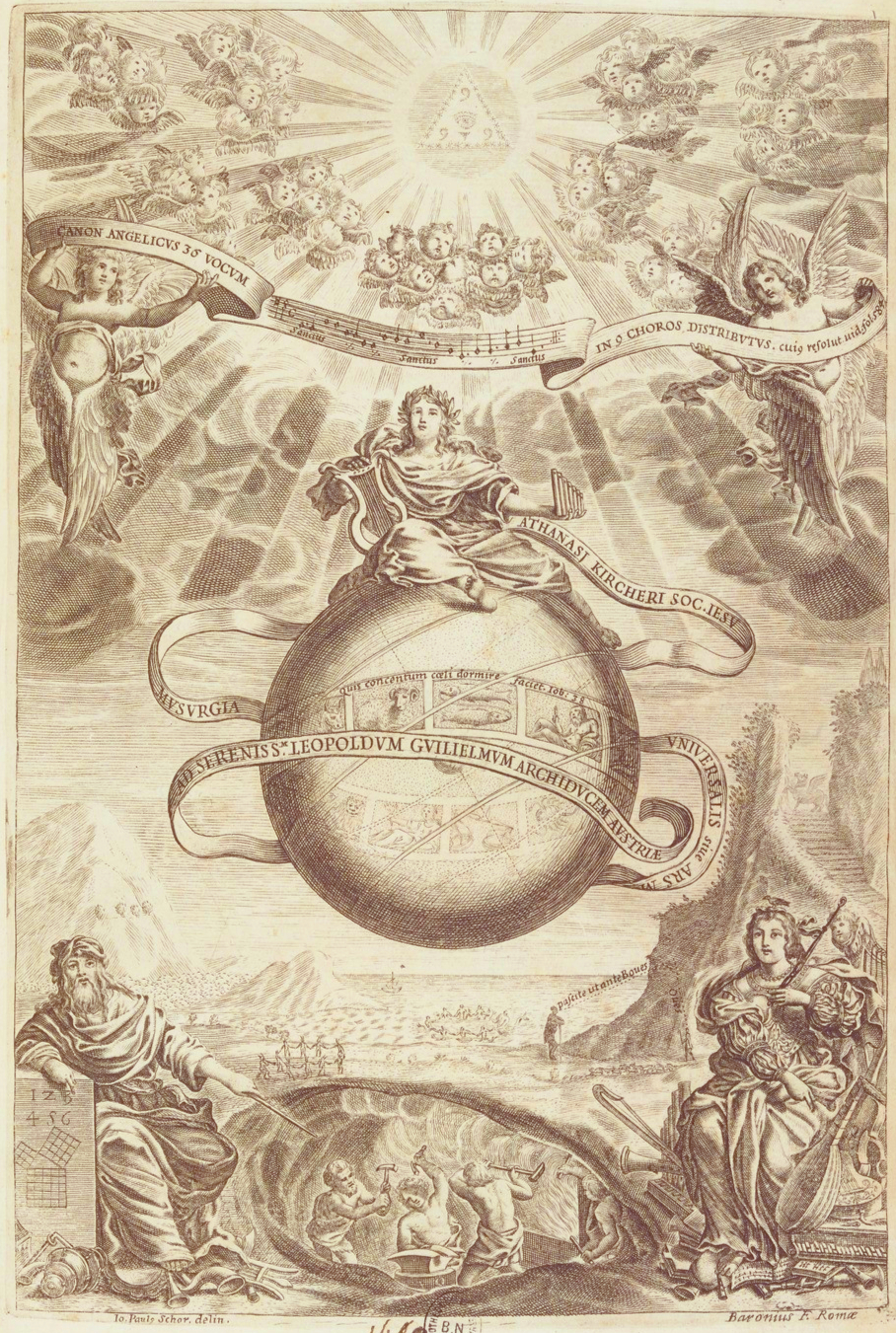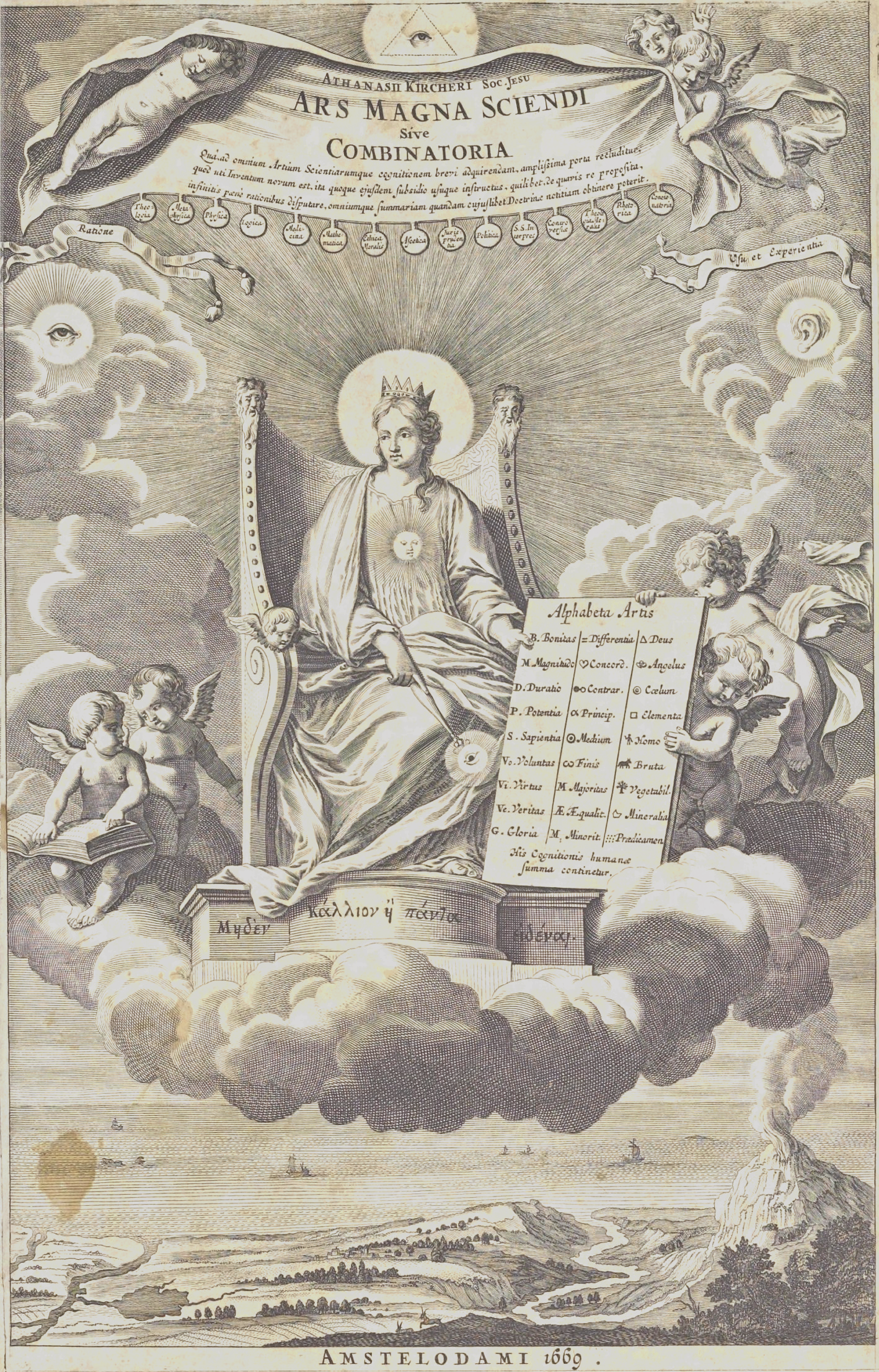Athanasius Kircher (1602-1680)
a German Jesuit scholar known for his prolific writing in areas of linguistics, natural philosophy, and theology among many other topics
He was a man well regarded by his peers and a man of faith. His writings detailing his studies and experiments were prolific but by his death in 1680, many of them were antiquated by the rise of rationalism and the Enlightenment.
Magnes, siue, De arte magnetica

Other digitized works by Kircher
Related to the natural world, knowledge, and magnetism
1678
Mundus Subterraneus
Published in 1678 in Amsterdam by the printer-publisher Johannes (Janssonius) van Waesberge in two volumes, this work is one of the first great encyclopedias on geographical science. It is lavishly illustrated, with depictions of the Earth’s interior and eruptions of both Mt. Vesuvius and Mt. Etna. In addition to a wide variety of topics related to geography, geologic magnetism is heavily featured.
1671
Ars Magna Lucis et Umbrae
Published in 1671 in Amsterdam by the printer-publisher Johannes (Janssonius) van Waesberge, this work is a compilation on theory, science and the practice of optics. Kircher aimed to explore the character of light as completely as possible. Magnetic concepts appear throughout the text.
1650
Musurgia Universalis
Published in 1650 in Rome by the Heirs of F. Corbelleti in one volume of two tomes, Musurgia is Kircher’s first work on music. He strove to create a collection of all knowledge on music, including information from antiquity and his own era. The book includes a multitude of diagrams and engravings, with musical notations interspersed throughout, and topics range from instruments to the anatomy of an ear to the mathematics of music.
1669
Ars Magna Sciendi
Published in Amsterdam in 1669 by the printing house of Joannus Jansson, Ars Magna Sciendi Sive Combinatoria (The Great Art of Knowing, or Combinations) was Kircher’s attempt to categorize all knowledge into nine divine concepts, inspired by the works and philosophy of Ramon Llull. Aristotelian concepts of attraction and friendship are present throughout the work.
“Deus rerum omnium centralis Magnes.”
Athanasius Kircher
